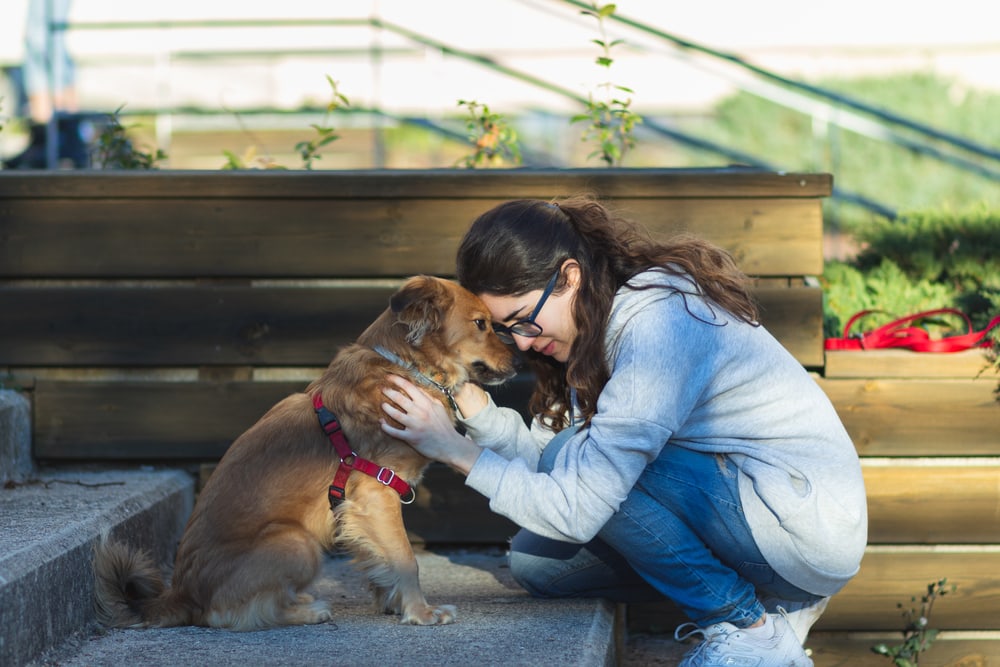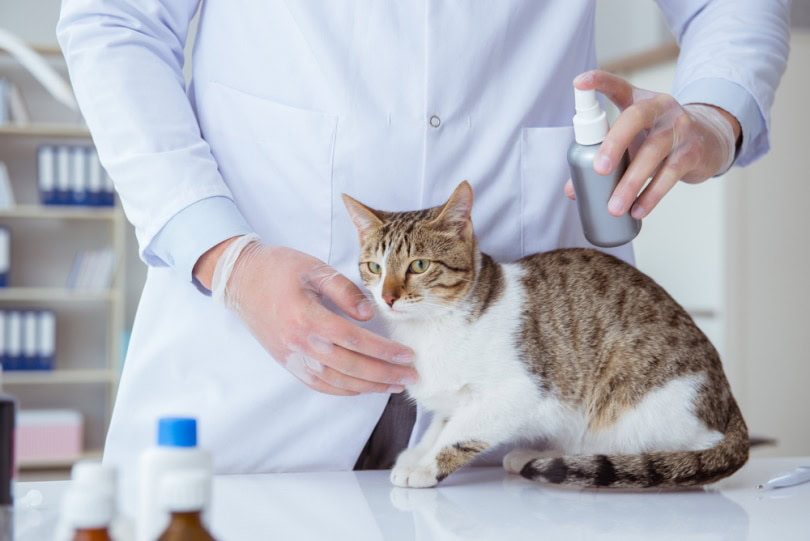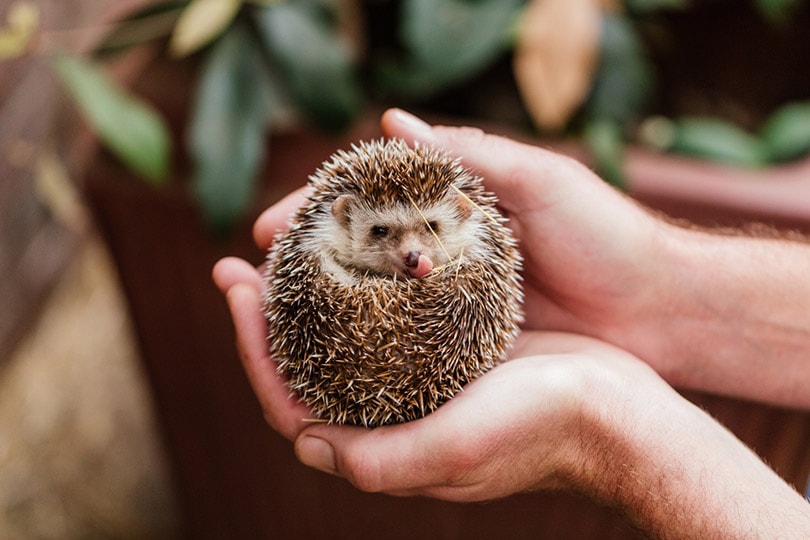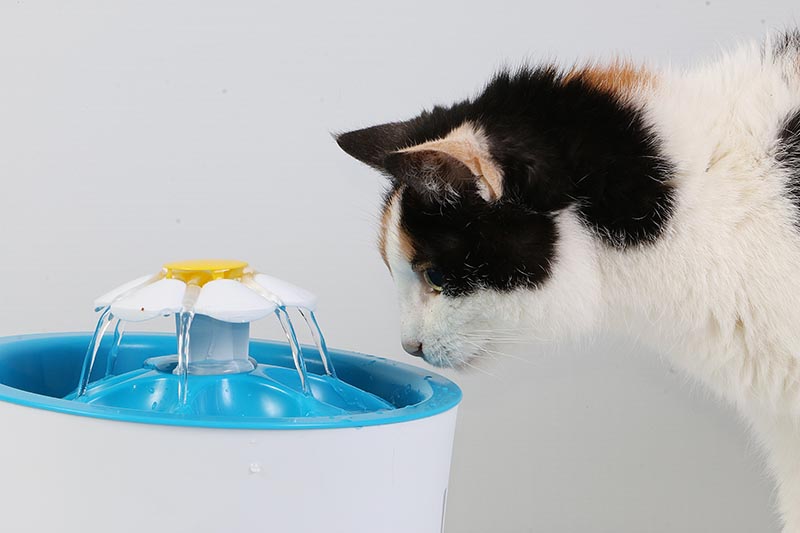VET APPROVED

The information is current and up-to-date in accordance with the latest veterinarian research.
Learn more »Click to Skip Ahead
Does your dog get sheepish? Nearly everyone has felt embarrassed at some point, so it’s easy to assume that our dogs do, too. But the question is still a matter of debate. Although some researchers are sure that dogs feel embarrassed, others think that it’s mostly just a human projection.
To understand why there’s still a debate, we need to look deeper at dog emotions.

Simple vs. Complex Emotions
When it comes to emotions, research has come a long way. Today, pretty much everyone who’s researched dog behavior agrees they feel some simple emotions, including happiness, sadness, anger, and fear. These emotions seem to be universal. But there’s a great deal more debate about more complex emotions, including embarrassment.
Embarrassment isn’t just a straight emotional reaction to a situation, unlike many other emotions. It requires a lot of other things to be in place. Embarrassment is closely tied to social awareness and a sense of self. When you feel embarrassed, you feel out of place because you just broke a social rule. Researchers are pretty split on whether dogs have a similar enough understanding of social norms to humans to be able to feel embarrassed. So far, no one has been able to prove it one way or another.

The Problem With Studying Embarrassment
Part of the problem with studying emotions in animals is that we don’t have a great way to study their emotions directly. Most studies of dog emotions rely on interpreting behavior, and the more complex an emotion is, the harder it is to isolate. Humans are biased toward anthropomorphizing, which involves interpreting animals and things as more human than they are. Most embarrassing behaviors can have more than one interpretation.
Let’s look at two everyday situations that are often interpreted as embarrassment. First, you’re coming home, and your dog runs to greet you, only to slip and fall on the way. They’re not hurt, but they run off to sulk and hide. Second, imagine you’ve just told your dog off for stealing food from the counter. You look away for a second and turn back to see they’re at it again. Your dog makes eye contact and immediately backs off, whining and ducking their head.
Both situations might make you think your dog is embarrassed, but that’s not the only way to interpret them. In the first situation, your dog might just be upset about hurting themselves. They might also have interpreted the fall as more dangerous than it was, and they want to rest and “heal up.” Or they might be hiding because they are afraid.
In the second scenario, your dog knows that they did something wrong. You feel embarrassed when you get caught breaking social norms and become ashamed of your behavior. But your dog might be reacting to getting caught and trying to avoid punishment. Over time, dogs can learn which reactions make a human laugh or empathize and which make them angry. This can lead to “fake embarrassment” that’s not indicative of how your dog is feeling.


Final Thoughts
With all the research on dogs and emotions, the jury is still out on embarrassment. Dogs have behaviors to express that they’re upset when something goes wrong. They also can learn good and bad behaviors, and many dogs react to being caught doing something naughty.
But does that mean that dogs have enough of a social consciousness to feel embarrassed? Or is it a more primary emotional reaction combined with a bit of learned behavior? You’ll have to come to your own conclusion!
Related Reads:
- Do Dogs Feel Happy When You Kiss Them? Facts & FAQ
- Fear Aggression in Dogs: Info, Guide & Tips to Prevent It
Featured Image Credit: san4ezz, Shutterstock











